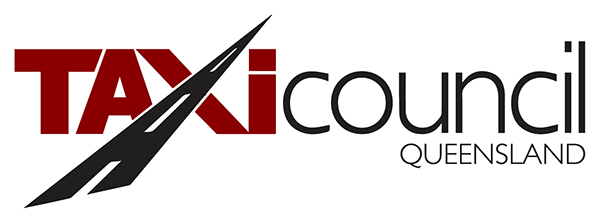Media release
February 22, 2019
The establishment of a Personalised Transport Ombudsman (PT Ombudsman) has the Taxi Council of Queensland (TCQ) questioning the lack of power the independent officer will have, saying the role presents as a “toothless tiger” with limited scope to benefit the sector.
The PT Ombudsman will impartially hear and act on complaints from drivers, passengers and operators of personalised transport services, however TCQ CEO, Blair Davies, says for the new office to make a difference the Ombudsman needs to be given broader powers than just being able compel people to attend a meeting.
“The proposed office presents as a toothless tiger, so limited in scope it risks being of no real usefulness for stakeholders in the personalised transport industry,” Mr Davies said. “We need to see some teeth given to the tiger to address the mounting issues in the personalised transport industry.
“We continue to hear reports every day of rogue behaviour by booked-hire drivers. For example, the practice of touting for cash jobs is a common occurrence and totally off the radar of the booking platforms. That means the usual safety protections that passengers rely on and expect are all missing for lots and lots of trips performed by booked-hire drivers. It’s the type of serious public safety issue that the PT Ombudsman needs to be able to intervene in but to do so, the office would require broader powers.
“As the Bill stands, it only allows the Ombudsman to receive complaints, attend meetings to mediate said complaints and advise on alternative dispute resolution. Without any actual compelling power to enforce decisions the new office may not offer much benefit the industry.”
Mr Davies says when it comes to the taxi industry, disputes between drivers and operators are usually referred to the Taxi Council or the respective booking company and are always quickly resolved. Situations requiring an Ombudsman’s input are likely to be very few and far between.
“The taxi industry really doesn’t need another independent third party to help mediate resolution of disputes. Of course, the case of booked-hire drivers may be completely different because, in the case of Uber drivers for example, they sign up to their disputes being arbitrated in The Netherlands. Perhaps Queensland’s newest Ombudsman will need to have two offices, one in Brisbane and another in Amsterdam?” questions Mr Davies.
The Bill also recognises the Department of Transport and Main Roads (TMR) needs more help in enforcing the road rules and TCQ supports amendments targeting non-compliance by personalised transport driver.
“TQQ wants to see TMR do a better job in reining in rogue behaviour by booked-hire drivers. These drivers know they are not permitted to tout, accept street hails or use taxi ranks. Strengthening TMR’s powers to impose driver sanctions in those circumstances is a welcome development notwithstanding it being odd that the new Ombudsman is not being given any role to assist in that area.”
The Taxi Council believes establishing and maintaining the PT Ombudsman presents as having a significant financial cost and those funds could potentially be better spent elsewhere.
“It’s worth looking at the more pressing issues faced by the taxi industry and consider where else the funds could be better spent, such as compensating taxi licence holders badly affected by the devaluation of their assets, helping industry members struggling to pay Government fees, or funding safety equipment replacement such as the in-vehicle security camera systems,” said Mr Davies.
ENDS
